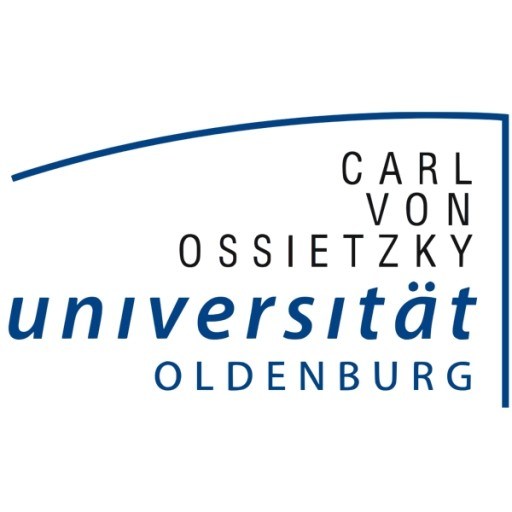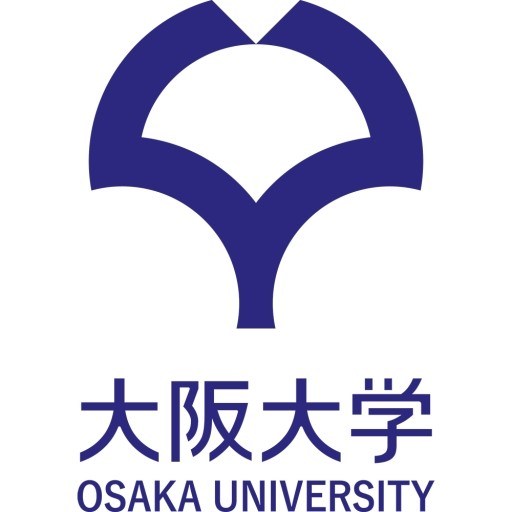Photos of university / #dtudk
The MSc programme in physics and nanotechnology focuses on physics as the basis of modern technology.
The gap between scientific research and technological breakthroughs is narrowing. Therefore, in areas such as nanotechnology and sustainable energy, there is a growing need for engineers who can combine solid scientific knowledge with extensive engineering skills.
Study programme focus
The MSc programme in Physics and Nanotechnology covers a wide range of technological, theoretical, and experimental techniques in modern physics. The applications include various topics, such as the development of nanostructured materials with tailor-made electrical, magnetic, optical, mechanical and chemical properties, manufacturing and integration of nano- and micro-components in systems design, modelling of complex biological systems, optical data processing and transfer, and the development of technologies for sourcing, storing, and converting sustainable energy—e.g. fuel cells and hydrogen technology.
In the course of the programme, you must carry out one or more experimental projects as part of a research group at DTU. In this way, you will gain basic theoretical competencies and experience with experimental work. You can prepare your final thesis in collaboration with one of our research groups or industrial partners, and—of course—under the supervision of a DTU professor or lecturer.
Specializations
The ‘Physics and Nanotechnology’ programme allows you to specialize in one of the six study lines:
- Biophysics and Complex Systems
- Physics and Nanotechnology for Sustainability and Energy
- Nano-scale Materials Physics
- Nanosystems Engineering
- Optics and Photonics
- Quantum Engineering
You should be aware, however, that the choice of courses in the students’ individual study plan offers a high degree of flexibility. Therefore, you have every opportunity to design your own study programme and career by choosing from the wide range of courses offered at DTU.
Programme provision
In order to obtain the MSc Eng degree in Physics and Nanotechnology the student must fulfil the following requirements:
- Have passed General Competence Courses adding up to at least 30 ECTS points
- Have passed Technological Specialization Courses adding up to at least 30 ECTS points
- Have performed a Master Thesis of at least 30 ECTS points within the field of the general program
- Have passed a sufficient number of Elective Courses to bring the total number of ECTS points of the entire study up to 120
Only applicants holding either a Bachelor of Science in Engineering, a Bachelor in Engineering or a Bachelor of Natural Science degree can be admitted to a Master of Science in Engineering programme. From September 2017 the bachelor degree must be less than 10 years old.
The individual MSc Eng programme states in detail which bachelor programmes qualify and whether applicants have to complete supplementary educational activities.
Requirements for supplementary educational activities can equate to up to 30 ECTS credits and are specified in the form of a list of courses under the individual MSc Eng programmes.
The specific requirements must be met before graduating from the bachelor programme or in connection with conditional admission to a particular MSc Eng programme. The courses must be passed prior to the commencement of studies within one year from the conditional admission.
Supplementary educational activities in connection with conditional admission to an MSc Eng programme do not form part of the MSc Eng programme, and partial tuition fees are charged. If the supplementary courses have not been passed within the deadlines specified, the conditional admission to the programme is withdrawn.
The Master of Science in Engineering programmes are offered in English. Therefore applicants must demonstrate proficiency in English (B-level, IELTS, TOEFL- or Pearson test).
Academic requirements for this programme
Bachelors of science in engineering from DTU
Students from the following BSc Eng Programme at DTU are entitled to admission to the MSc Eng programme in Physics and Nanotechnology?
- Physics and Nanotechnology
In order to get the optimal benefit of the Master program, it is recommended that the elective parts of the bachelor program are used to build up the right prerequisites for the desired study plan.
Students from the following BSc Eng programmes at DTU:
- General Engineering
have access to be admitted subject to having completed the following as part of their bachelor programme:
| 10104 | Quantum Mechanics; General Engineering | 5 | point | |
| 10303 | Condensed Matter Physics and Nanoscale Materials Physics | 10 | point | E4 (Tues 13-17, Fri 8-12), F4 (Tues 13-17, Fri 8-12) |
In addition, it is strongly recommended to have completed the course
| 10303 | Condensed Matter Physics and Nanoscale Materials Physics | 10 | point | E4 (Tues 13-17, Fri 8-12), F4 (Tues 13-17, Fri 8-12) |
Other BSc Eng students e.g. from the programme in "Mathematics and Technology" or "Geophysics and space technology" have access to be admitted if the right prerequisites are obtained through the elective courses on the bachelor education. BSc Engs from other programmes than Physics and Nanotechnology should as a minimum have taken the following courses
| 01035 | Advanced Engineering Mathematics 2 | 5 | point | E1A (Mon 8-12), E2B (Thurs 8-12), F2B (Thurs 8-12) |
| 10044 | Physics 2 | 5 | point | E4A (Tues 13-17) |
| 10102 | Quantum Mechanics | 10 | point | F4 (Tues 13-17, Fri 8-12) |
where the course 10044 Physics 2 can be replaced with 10036 Electromagnetism for physicists or 31400 Electromagnetics.
In addition, it is strongly recommended to have completed the course
| 10303 | Condensed Matter Physics and Nanoscale Materials Physics | 10 | point | E4 (Tues 13-17, Fri 8-12), F4 (Tues 13-17, Fri 8-12) |
The following central courses on the bachelor are prerequisites for central courses on the master program. It is therefore recommended that students make sure that they have acquired the necessary prerequisites for the study line they intend to follow by following at least 10 ECTS (preferably more) among the following courses
| 10347 | Introduction to Biophysics | 5 | point | E5B (Wed 13-17) |
| 33255 | Fabrication of Micro- and Nano Structures | 5 | point | E3A (Tues 8-12) |
| 33257 | Visualisation of Micro and Nano Structures | 5 | point | F5A (Wed 8-12) |
| 34020 | Optics and Photonics | 5 | point | F1B (Thurs 13-17) |
It is expected, that students themselves can aqcuire any prerequisites within fundamental physics that they may be missing due to an atypical background.
Bachelor of Science in Engineering and Bachelor of Natural Science from other universities
Student from the following educations are entitled to admission to the MSc Eng programme in Physics and Nanotechnology:
- BSc. Eng in Nanotechnology at Aalborg University
- BSc in Physics at Copenhagen University
- BSc in Nanoscience at Copenhagen University
- BSc in Physics at Aarhus University
- BSc in Nanoscience from Aarhus University
Students with similar qualifications can be admitted after individual evaluation.
Bachelors of Engineering (diplomingeniører)
The B Eng (diplomingeniør) education does not normally give access to the MSc programme in Physics and Nanotechnology. However, students can in some cases be admitted after individual evaluation. Students who are interested in this option should contact the head of studies of the MSc programme as soon as possible during their study in order to acquire the necessary prerequisites during the elective part of their study.
International students
Applicants for admission to the MSc Eng programme in Physics and Nanotechnology should hold a bachelor of science degree in physics, physics engineering, nanotechnology, or similar.
A strong, working knowledge of mathematics and physics is a prerequisite. A year's full time study at DTU amounts to 60 ECTS points. The MSc program builds on a bachelor curriculum with at least the following content of mathematics and natural sciences:
- Mathematics: 25-30 ECTS.
- Classical mechanics, electromagnetism, statistical physics and thermodynamics: 25 ECTS
- Quantum mechanics, solid state physics: 20 ECTS
- Nanotechnology, optics and photonics, biophysics: 20-30 ECTS
A working knowledge at bachelor level of at least four of the following five subjects is prerequisite for the central courses of the MSc-program:
- Quantum mechanics
- Solid state physics
- Optics and photonics
- Biophysics and complex systems
- Fabrication and visualisation of micro- and nanostructures
The required level may be gauged by comparison with the contents of the corresponding DTU-courses, although of course the exact contents will vary. The applicant should have passed the necessary prerequisites with good results.
Admission will be decided on the basis of the relevance and quality of the applicant's educational background. The applicant's grade point average or equivalent, as well as individual grades for relevant courses will be taken into account.
International students normally have a background that differ from the typical student at the MSc program, and should be willing to aqcuire any prerequisites that they may be missing by themselves.
All steps in the admission procedure are handled through DTU's Office of International Affairs, whereto inquiries about formalities should be directed. Questions about academic qualifications and program content should be directed to the program coordinator.
Want to improve your English level for admission?
Prepare for the program requirements with English Online by the British Council.
- ✔️ Flexible study schedule
- ✔️ Experienced teachers
- ✔️ Certificate upon completion
📘 Recommended for students with an IELTS level of 6.0 or below.










